Back
Niket Raj Dwivedi
•
Medial • 1y
The $400 Million Juicer that Squeezed Nothing. (Saturday Startup Story Nugget Part- 4) In 2013, a startup named Juicero emerged with a bold vision to revolutionize the juicing industry. The company raised over $100 million in funding from prominent investors such as Google Ventures, Kleiner Perkins, and Campbell Soup Company, to create a high-tech juicer that could only squeeze juice from its proprietary juice packs. The juicer was marketed as a game-changer that would make it easy for people to enjoy fresh, healthy juice at home. However, the company's eventual downfall revealed that the juicer was nothing more than an overpriced, unnecessary gadget. In this article, we will delve into the story of Juicero and the factors that led to its eventual demise. **The Promised Revolution:** Juicero was founded by Doug Evans, a serial entrepreneur who had previously founded the organic food delivery company, Organic Avenue. Evans was passionate about healthy living and believed that fresh juice was the key to good health. He envisioned a juicer that would make it easy for people to enjoy fresh juice at home, without the hassle of washing and chopping fruits and vegetables. To bring his vision to life, Evans assembled a team of engineers and designers who spent four years developing the Juicero juicer. The juicer was a sleek, Wi-Fi connected device that used a complex system of motors, gears, and sensors to squeeze juice from the company's proprietary juice packs. The juice packs were filled with pre-chopped fruits and vegetables and had a QR code that the juicer would scan to ensure that the pack was fresh and safe to consume. **The Hype** Juicero's launch was met with much fanfare, with the company raising over $120 million in funding from prominent investors. The juicer was marketed as a high-tech device that would disrupt the juicing industry, with Evans claiming that it was "the most complicated consumer product ever created." The company also secured partnerships with high-end retailers such as Williams-Sonoma and Bloomingdale's, and celebrities such as Gwyneth Paltrow and Jay-Z endorsed the product. Despite the hype, the juicer's high price tag of $700 (later reduced to $400) and the fact that it could only juice the company's proprietary juice packs raised questions about its practicality and value. However, Juicero's investors remained optimistic, with one investor stating that "Juicero is the Tesla of juicers." **The Downfall** In 2017, Bloomberg published a report that revealed that Juicero's juice packs could be squeezed by hand, rendering the expensive juicer unnecessary. The report also revealed that the company was burning through $4 million per month and had sold only 25,000 juicers, far below its projected sales of 100,000 units. The report sparked a wave of criticism and mockery, with many questioning the need for a $400 juicer that could be replaced by a pair of hands. The company's attempts to defend the product, such as claiming that the juicer's sensors and motors ensured a more consistent and nutritious juice, fell on deaf ears. The company's focus on creating a high-tech gadget rather than a practical solution to a real problem ultimately led to its downfall. The company's high burn rate, lack of product-market fit, and overreliance on proprietary technology were also significant factors in its failure. The company's failure also raised questions about the role of investors in promoting and funding unrealistic and impractical startups. **Juice’d Out!** In September 2017, Juicero announced that it was shutting down and offering refunds to customers. The company cited "insurmountable challenges" and stated that it was unable to find a buyer or secure additional funding. In the end, Juicero's $400 million juicer that squeezed nothing became a symbol of the excesses and hubris of Silicon Valley. The company's failure served as a reminder that even the most well-funded and hyped startups can fail if they don't solve a real problem OR provide real value to customers.
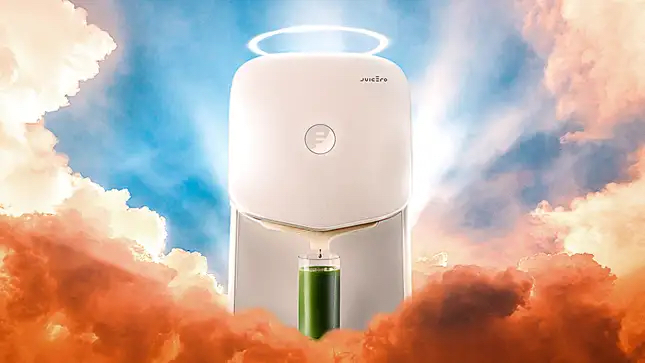
Replies (15)
More like this
Recommendations from Medial
Tushar Aher Patil
Trying to do better • 1y
Bill Gates,co-founder of Microsoft.Few people know that one of his first best friends, Kent Evans,was killed at17while climbing Mount Shuksan as part of a University of Washington class.He died on May 28,1972.Evans was one of four high school student
See More
Jaswanth Jegan
Founder-Hexpertify.c... • 1y
“The Freshest Orange Juice” (Read Fully You’ll be surprised by this strategy) WEIRD Marketing Strategy #5 Each day, 155 billion litres are sold everyday in the world (Half in Europe). And consumers are particularly fond of FRESH JUICES. That’s why
See More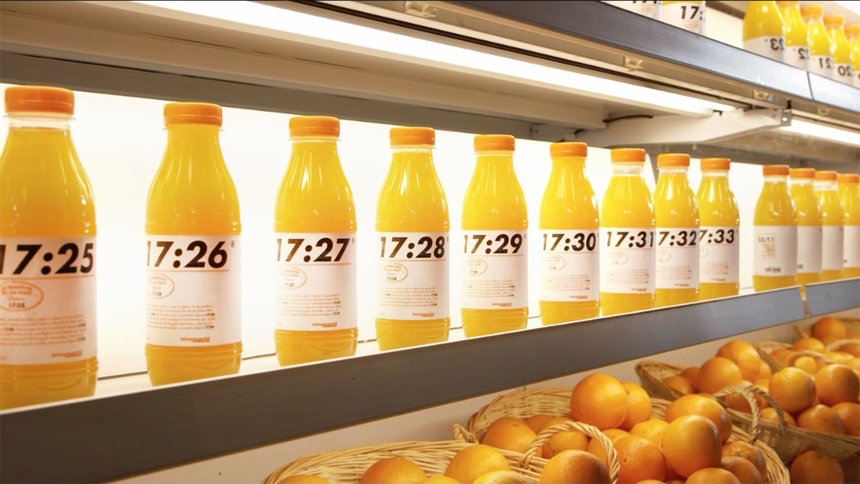
Download the medial app to read full posts, comements and news.












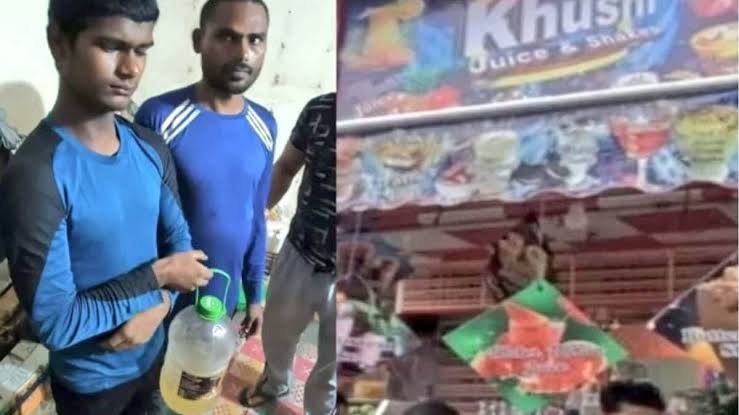





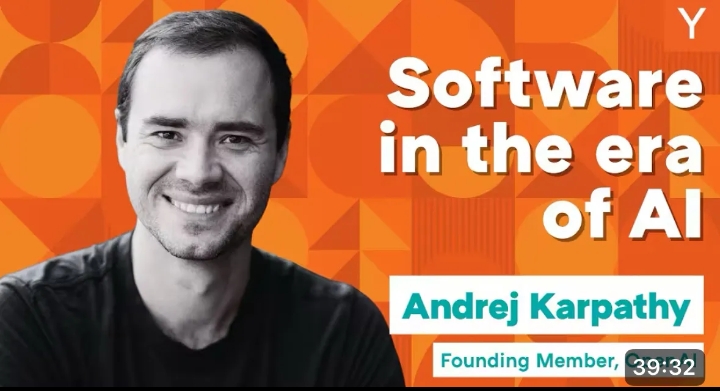
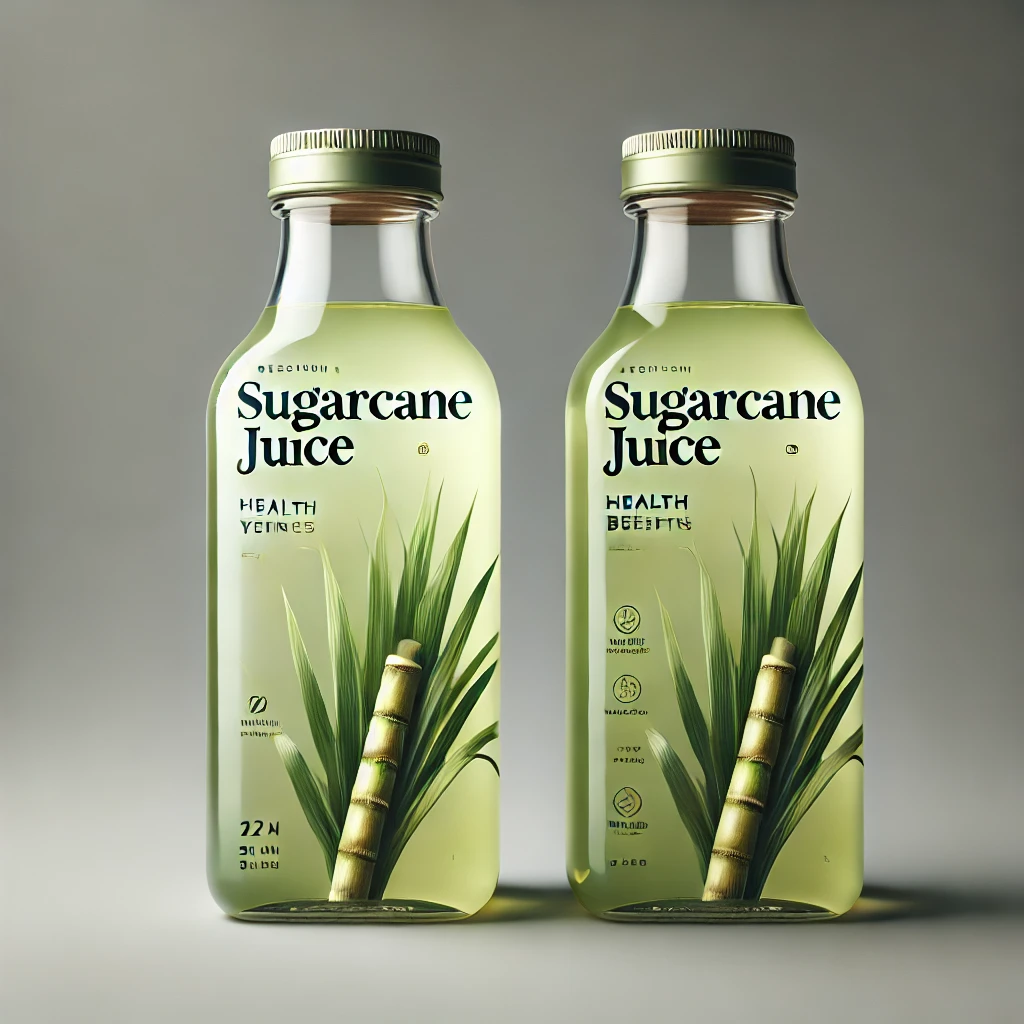

/entrackr/media/post_attachments/wp-content/uploads/2021/08/Accel-1.jpg)
















